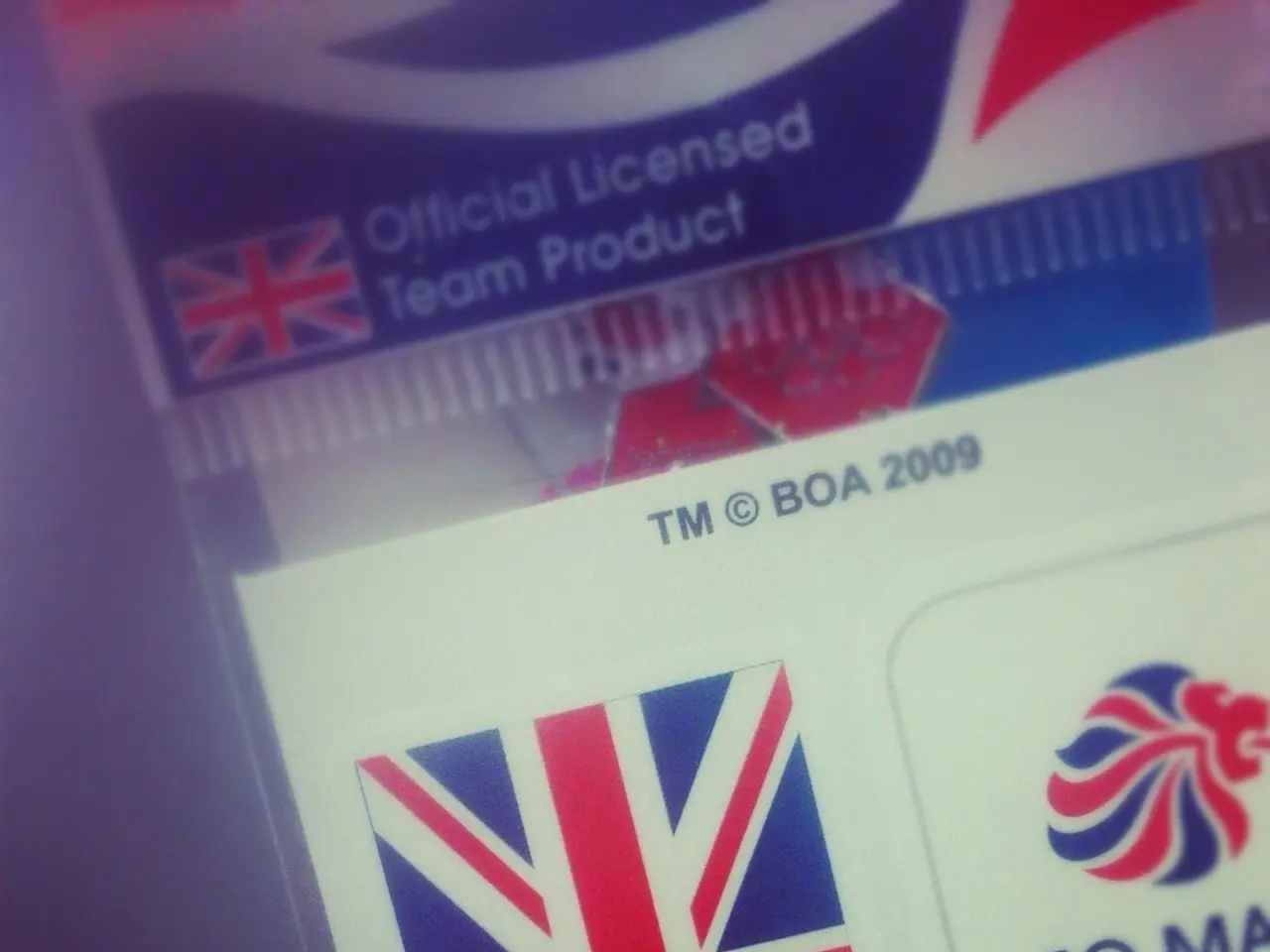EU's Money Laundering Crusade Begins in Frankfurt: Introduction of 'Amla' Agency
The Anti-Money Laundering Authority (AMLA) has officially commenced its operations in Frankfurt, Germany, marking a significant milestone in the European Union's (EU) efforts to combat money laundering and terrorism financing. The new agency, tasked with unifying the EU's approach to anti-money laundering and countering the financing of terrorism (AML/CFT), is set to strengthen Europe's financial security [1][2][3].
Based in Frankfurt, a leading financial hub in Europe, AMLA is poised to bring about a harmonised AML/CFT regulatory environment across the EU. The authority's primary functions include direct supervision of high-risk financial institutions, coordination with national authorities, development of technical standards, and maintaining a central database for AML/CFT data [1][3].
AMLA will directly oversee around 40 cross-border banks with high money laundering risks, ensuring compliance with AML/CFT rules. It will also work closely with member states' financial intelligence units (FIUs), promoting joint analysis and information sharing to strengthen the detection and prevention of financial crimes. In addition, AMLA will establish regulatory standards and guidelines to ensure consistent application of AML measures across all EU member states [1][3].
The agency will be governed by a General Board, an Executive Board, and a Chairperson appointed by the EU Council. The Executive Board began operations in June 2025, marking a major step forward in the EU's fight against money laundering [1][2][3].
Germany has been a significant contributor to money laundering within Europe, accounting for nearly €130 billion or almost one-fifth (17 percent) of the total. The UK and France follow in terms of money laundering, but Germany's percentage is higher [4]. The establishment of AMLA is considered another important step towards reducing serious crimes such as organized crime, drug and human trafficking, and terrorism [5].
The Hessian state government has set a clear goal of strengthening Frankfurt's financial hub and making it the undisputed number one financial center in Europe. With AMLA now in operation, Frankfurt views the establishment of the authority as a significant addition to its role in financial supervision [6]. Finance Minister Lars Klingbeil (SPD) stated that AMLA will elevate European efforts to combat money laundering and terrorism financing, while Hessian Minister-President Boris Rhein (CDU) believes the start of AMLA will further strengthen Frankfurt's financial hub [7].
With over 400 employees, AMLA is well-equipped to tackle the estimated €635.6 billion in illegal funds laundered through the European financial system in 2023, according to a study by Nasdaq subsidiary Verafin [8]. The authority's work is aimed at reducing serious crimes and enhancing transparency and cooperation among EU supervisory bodies, ultimately contributing to a more secure and stable financial environment across Europe.
References: [1] European Commission (2024). AMLA begins operations in Frankfurt. Available at: https://ec.europa.eu/info/law/better-regulation/have-your-say/initiatives/12527-Anti-Money-Laundering-Authority-AMLA-starts-operations_en [2] European Parliament (2025). AMLA begins work in Frankfurt. Available at: https://www.europarl.europa.eu/news/en/press-room/20250601IPR89828/amla-begins-work-in-frankfurt [3] Bundesbank (2024). AMLA starts work in Frankfurt. Available at: https://www.bundesbank.de/Redaktion/DE/Pressemitteilungen/2024/2024_10_27_amla_startet_arbeit_in_frankfurt.html [4] European Commission (2023). Money laundering in Europe. Available at: https://ec.europa.eu/info/publications/money-laundering-europe_en [5] European Commission (2024). AMLA's mission to combat serious crimes. Available at: https://ec.europa.eu/info/law/better-regulation/have-your-say/initiatives/12527-Anti-Money-Laundering-Authority-AMLA-starts-operations_en#context [6] Hessian State Government (2024). Strengthening Frankfurt's financial hub. Available at: https://www.hessen.de/news/2024/02/strengthening-frankfurts-financial-hub.html [7] German Federal Ministry of Finance (2024). AMLA to elevate European efforts against money laundering. Available at: https://www.bundesfinanzministerium.de/Content/DE/Artikel/Pressemitteilungen/2024/2024-06-01-amla-erhoehung-der-europaeischen-bemuehungen-gegen-geldbuetelung.html [8] Verafin (2024). European money laundering reaches record levels. Available at: https://www.verafin.com/resources/news/european-money-laundering-reaches-record-levels/
- As part of its mission to combat serious crimes, the Anti-Money Laundering Authority (AMLA) in Frankfurt will develop employment policies to attract and retain skilled professionals, ensuring a strong workforce committed to the authority's goal of reducing money laundering and terrorism financing across the European Union.
- In addition to unifying the EU's approach to anti-money laundering and countering the financing of terrorism (AML/CFT), AMLA will establish a community policy to work closely with member states' financial intelligence units (FIUs) and other business entities, fostering cooperation, communication, and the sharing of general-news and crime-and-justice related information to enhance the detection and prevention of financial crimes.







